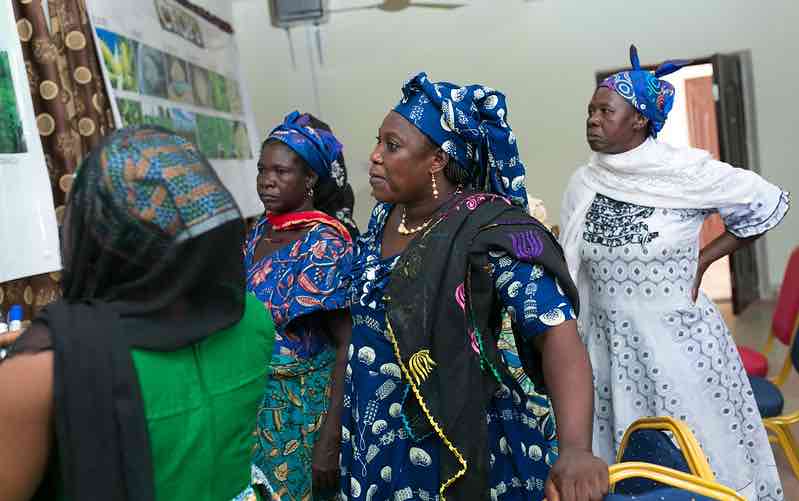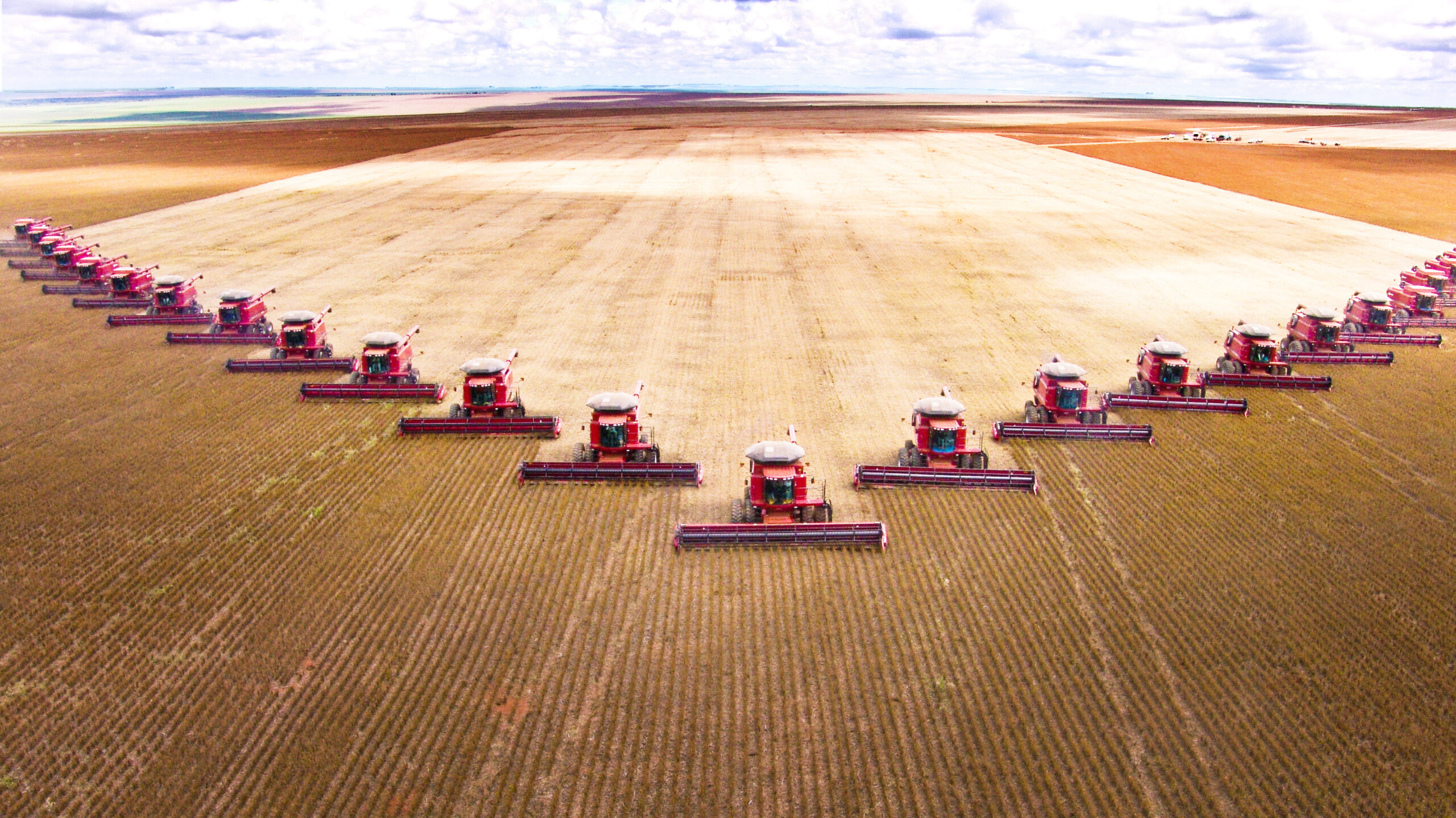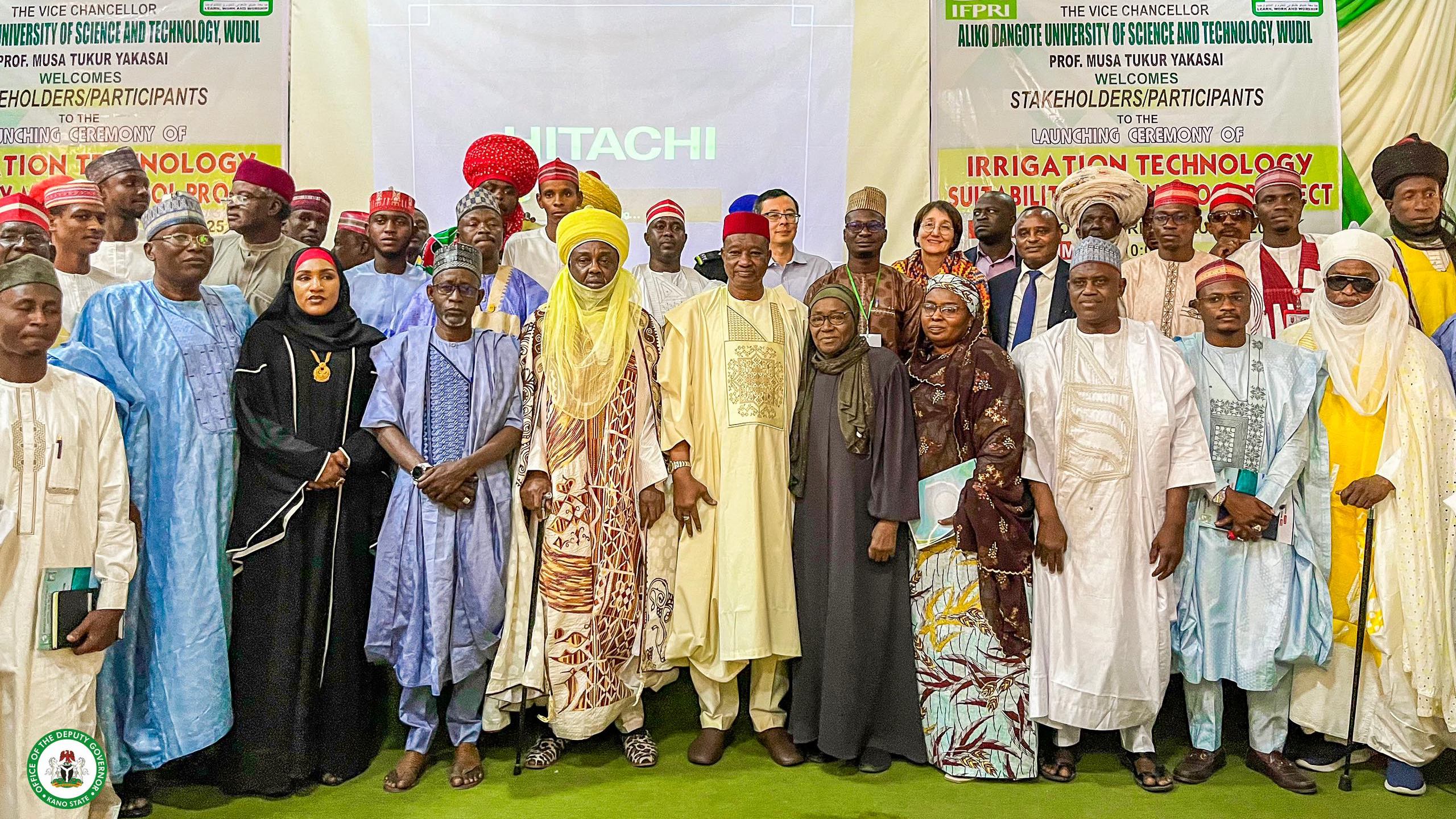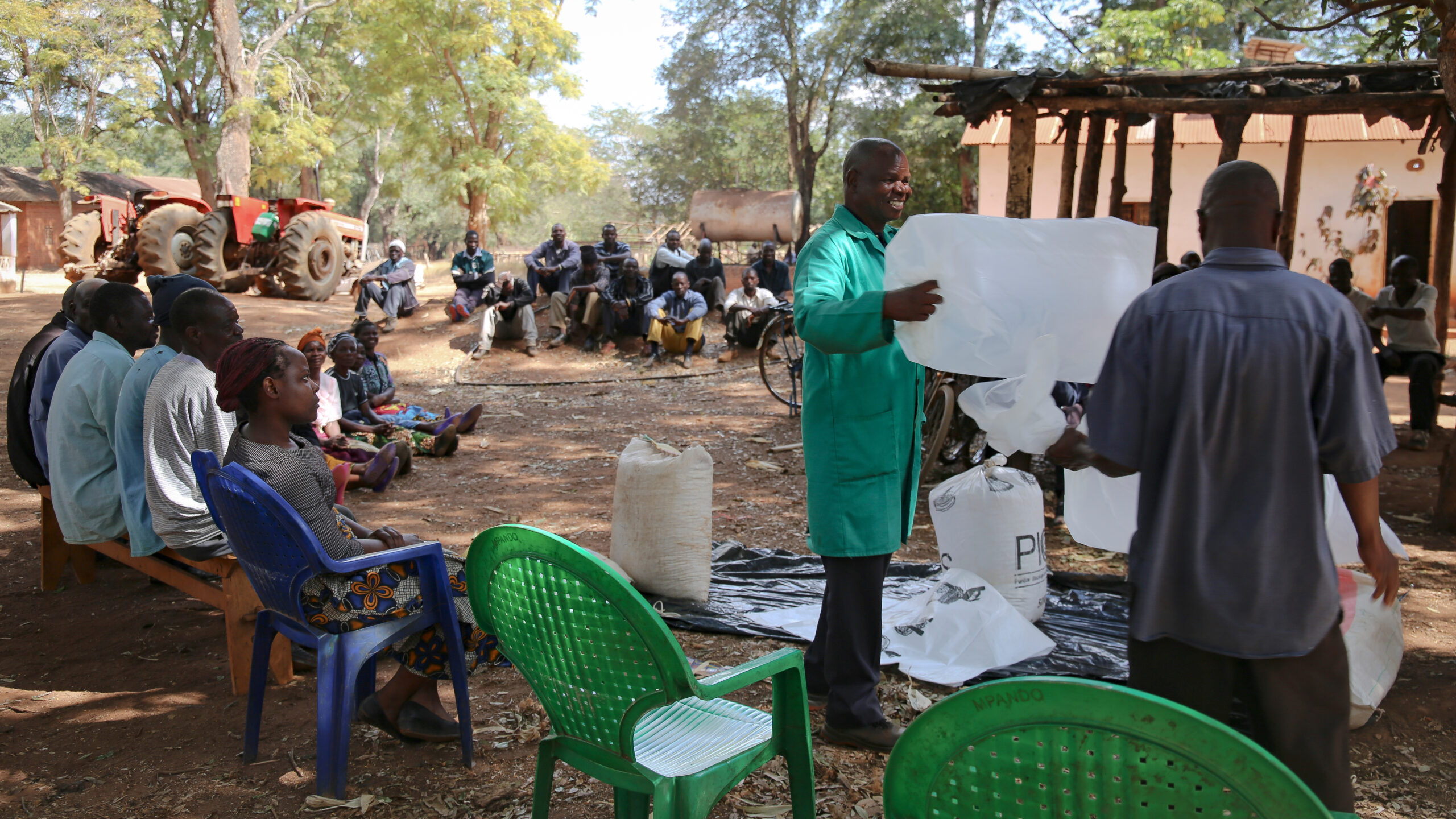Agricultural landownership is a source of income, bargaining power, security, and independence. A significant body of research links women’s landownership to their empowerment. Given this body of work, it’s easy to imagine landownership as a direct means of achieving sovereignty for women, especially in developing countries where men are generally much more likely to own land than women. But our recent study in Land Use Policy suggests that the relationship between agricultural landownership and gender equity may be more complicated.
The study uses survey data from farmers in northern Ghana to assess how the relationships between landownership, participation in agriculture, and agricultural decision making differ between men and women. The findings demonstrate that statutory landownership does not always translate to empowerment for female farmers; cultural contexts may play a larger role.
Northern Ghana is a unique setting for research related to landownership and access, since the vast majority of farmland there is under customary tenure. While statutory laws of land access exist, they are often in conflict with existing customary laws. This means that for the most part, customary laws are the primary determinant of who owns land, who inherits land, and who is allowed access to land. These systems of customary land tenure are typically organized patrilineally, and women customarily do not have the right to inherit family land but obtain use rights to this land through their husbands and sons.
Thus it is not surprising that the study showed that men in the region are more likely to consider themselves primary landowners than women. Similarly, men are more likely to have transfer rights to their land, meaning that if they choose to, they can sell, rent, or lend it.
Most strikingly, the study’s findings cast doubt on the idea that landownership reduces the gap between men’s and women’s agency in agriculture. While women who own land are more likely to have a say in how it is used, male landowners are still more likely to participate in decisions on production, types of crops, and input purchases than women who own land. Women also participate less in decisions regarding income from agriculture than men, regardless of whether they own land. These findings indicate a substantial and sustained gender gap when it comes to decision making on how households productively use agricultural land and the income generated from it.
Agricultural landownership also does little to reduce a woman’s workload, the study shows. Due to their disproportionate share of household work, women were more likely to have high total workloads than men. There was no significant difference between the workloads of women who own land and those who do not.
Why might landownership not lead to women’s empowerment? In northern Ghana, as elsewhere, patriarchal social norms and rules govern men’s and women’s behavior in the household and on the farm. These findings suggest that such norms are not easily overridden by evolving notions of landownership or government statutes. The image of the men as breadwinners is pervasive in northern Ghana, as it is across many other cultures, and continues to dominate norms and perceptions on household decision making.
While advancing women’s land rights may be the foundation for reducing gender inequalities in agriculture, this alone is likely insufficient to bring about significant change. Improving women’s participation in, and benefits from, decision-making in agriculture will require gender-sensitive development strategies that go beyond or complement efforts to advance women’s land rights in northern Ghana.
Isabel Lambrecht is a Research Fellow with IFPRI’s Development Strategy and Governance Division; Timothy Karoff is an IFPRI Communications Intern.
This work was undertaken as part of the East-West Center’s Research Program and supported by the CGIAR Research Program on Policies, Institutions, and Markets (PIM).







